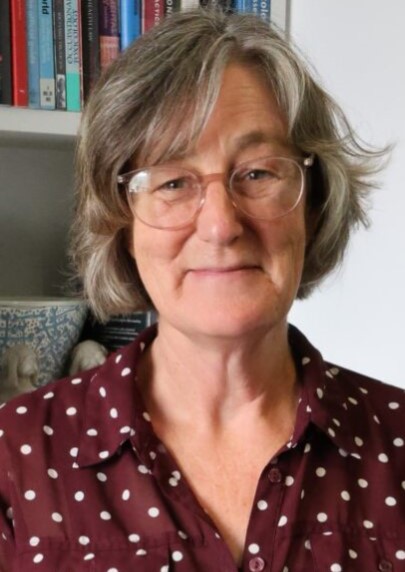
Since Flinders University first began teaching Environmental Health, public health risks facing our society have constantly evolved. And all aspects of the natural and built environment that affect our health, such as water, food, air, buildings and waste will continue to change and present new problems.
When this occurs, Professor Kirstin Ross (GradDipEnvHlthPrac ’09) believes the profession has always risen to the challenge, the scope of the profession changes and updated content is added to what Flinders teach – keeping the course at the forefront of industry-relevant knowledge.
“In terms of environmental health, we have been around a long time, and we are lucky to have five academic staff in the discipline,” says Professor Ross.
“This means that all of the topics in the Graduate Diploma in Environmental Health Practice are delivered by someone from the discipline, who therefore really understands all the content across the course, not just the area that they are teaching.”
Environmental health wasn’t always recognised as needing to be on the frontline during bushfires, floods, and other natural disasters, but that is slowly changing and reflected in student learning.
“The fact that our graduates understand risk assessment and the science behind that, together with education and engagement, and legislation and regulations, means that emerging risks are tackled with confidence,” says Professor Ross.
It was a move from environmental science into health for Professor Ross that helped her discover her true calling, completing a Graduate Diploma in Environmental Health Practice in 2009. This eventuated into her becoming the course coordinator, a role she still holds today.
“About the same time I became coordinator, I went to a workshop on emergency management, and I found my place – everyone I spoke to was so welcoming and wanted to be involved in shaping the university offerings. The combination of professional engagement, research and teaching hooked me in and I have never left,” says Professor Ross.
“When I see graduates that I have taught running things and making big decisions and generally being awesome I feel like I might have played a ‘maybe small’ role in that, which makes me very proud. I also love the combination of teaching and research – it is never dull.”
The future of environmental health promises to be an exciting one, as more and more awareness is raised of exactly what Environmental Health Officers (EHOs) do and their impact on our communities’ health.
“There is also increasing recognition of how similar the qualifications of EHOs around the world are, which bodes well for people being able to go overseas and practice,” says Professor Ross.
Professor Kirstin Ross is looking forward to celebrating 30 years of Environmental Health being taught at Flinders University. Find out more

